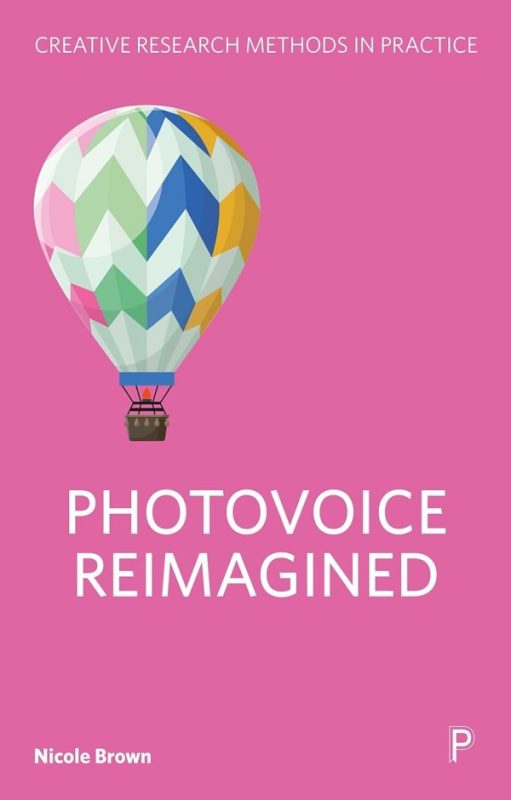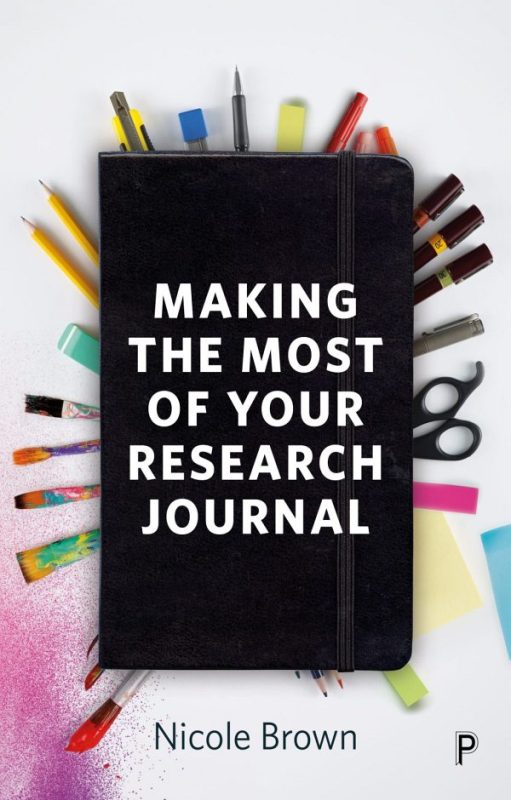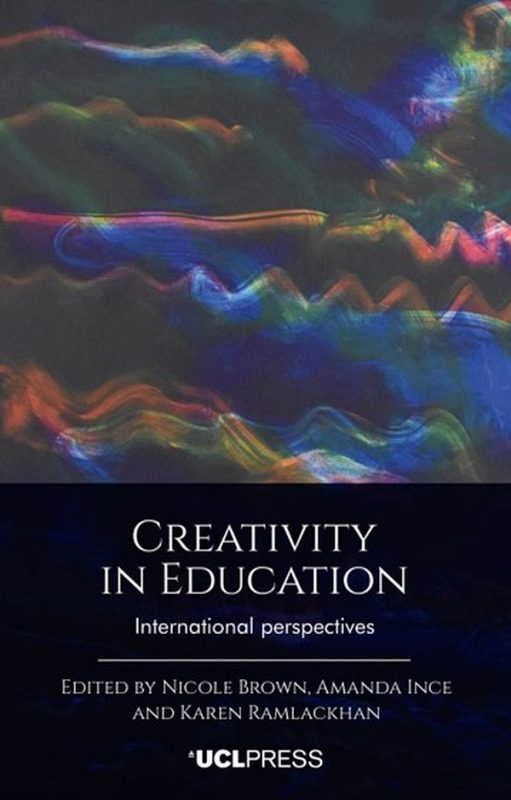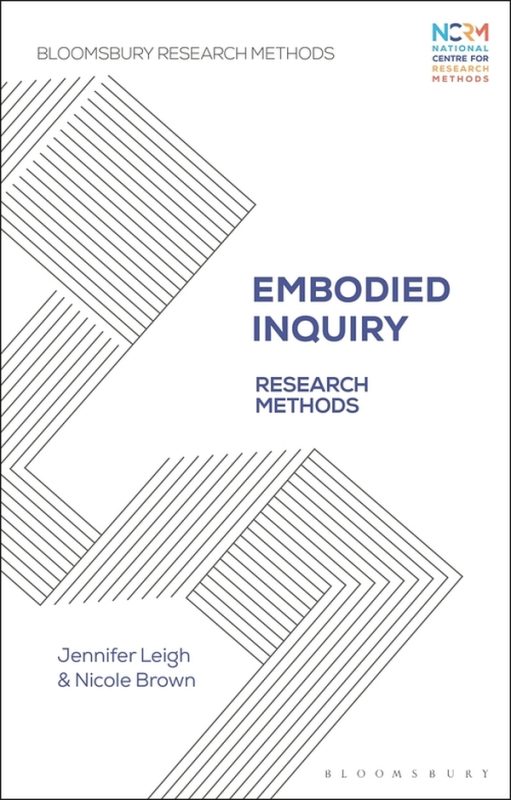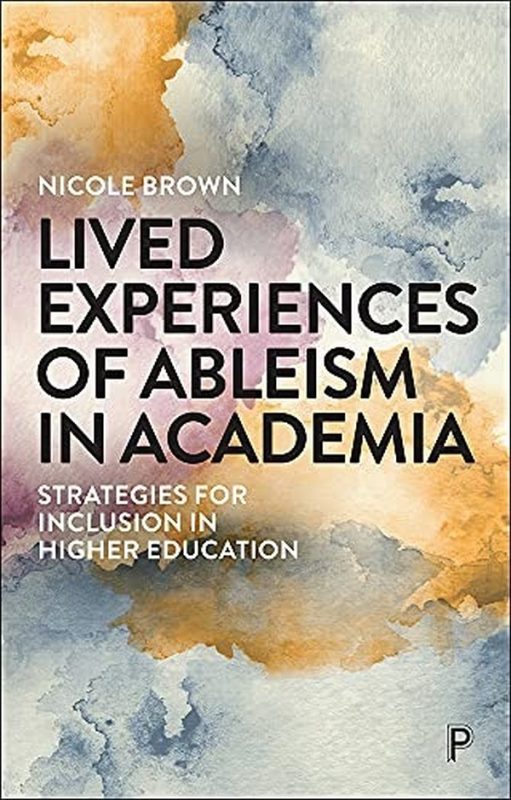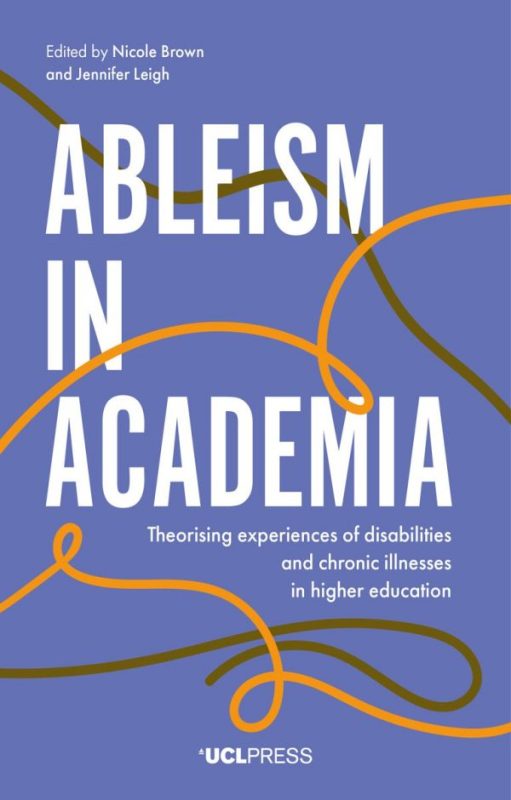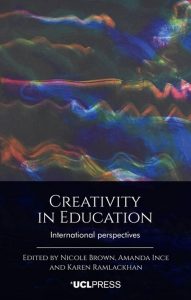
Creativity in Education: International Perspectives
Creativity has become a buzzword across all disciplines in education and across all phases, from early years through to tertiary education. Although the meaning of creativity can change vastly depending on the global educational setting, it is impossible to ignore the applicability and relevance of creativity as an educational tool, philosophical framework and pedagogical approach.
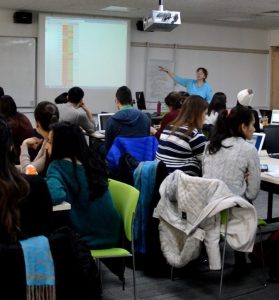
Teaching to large audiences
This post offers some recommendations on what to do if teaching involves larger audiences rather than smaller groups.
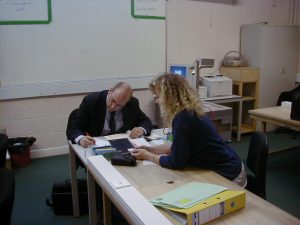
Supervising PhDs: Atypical in more than one way
This is an extract from a guest post on the Supervising PhDs Community Blog. In the post, I discuss what research supervisors can do to support doctoral students who may have disabilities, chronic illnesses and/or neurodiversities.
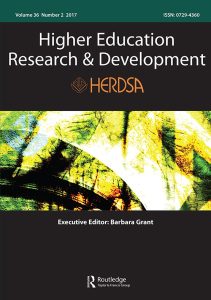
Article: “Where’s the validation?”
This article presents an original engagement with research into emotions in the PhD to ask ‘Where’s the validation?’ by using emotion work as a theoretical foundation.
Liberating the Curriculum: Ableism in Academia
This is an extract from a guest interview on the Liberating the Curriculum website of UCL published in relation to my ableism in academia work. In this post, I reflect on my ableism work, how I came about to take a leading role in the activism around ableism in academia.
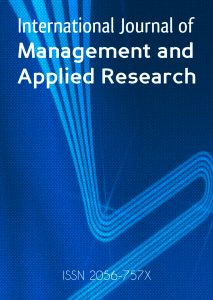
Article: Using LEGO® to understand emotion work
This paper presents how LEGO® can be used in workshops to explore doctoral students’ emotions around the complex and solitary experience of a PhD research.
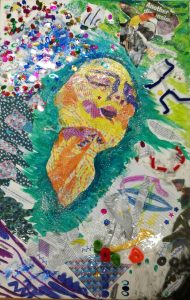
Creative methods – messy data?
This is to stimulate a discussion around boundaries of research, ethics and ownership of "messy data" resulting from creative methods.
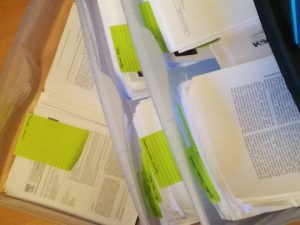
How much reading is enough?
I am often asked how much reading is enough? In this post I outline what you should consider in order to decide when it is enough.
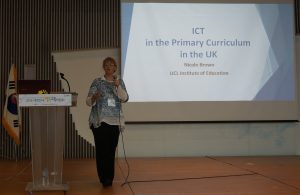
Presentation from the KSSEE conference
The KSSEE (Korean Society for the Study of Elementary Education) had invited me to Seoul, South Korea, to give a talk about ICT in the Primary Curriculum in the UK.
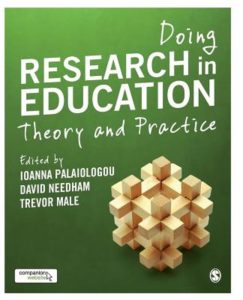
Book review: Doing research in education – Theory and practice
This review is about the book "Doing research in education". A fabulous resource and introduction to doing research in education.
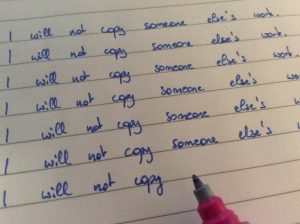
Reflections about plagiarism
Plagiarism is a socio-cultural issue. This is about academic integrity and the reputation of an institution and the degree that is awarded. I would not want to hold an academic degree that is devalued in such way that many people were able to cheat their way through it. This is a reflective piece of writing on plagiarism and what it feels like for an academic.
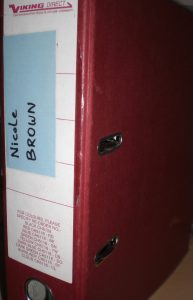
Professional development portfolios
Many teacher training sessions and professional development courses nowadays link to or culminate in the compilation of portfolios. Portfolios are evidences and resources that are gathered and annotated systematically to provide an overview of the teachers' achievements, career events and areas for development. The process of gathering information for the portfolios is an opportunity to take a step back from everyday work to reposition yourself and reconsider your values, your development and your learning. Here is some help for developing portfolios.

Time management
A cyclical process of reading, writing and editing is only possible if you leave enough time. Time management is therefore one of the key skills to learn when entering University life. The easiest way to introduce effective time management is by preparing schedules.
How to make writing more academic
In tutorials students often tell me that they are not confident regarding their writing skills and they ask me how to make writing more academic. Every University, every faculty and even departments will have their own philosophy relating to writing, so these guidelines must be adhered to. However, I personally think that students' attempts to make writing more academic often result in less structured and weaker essays.
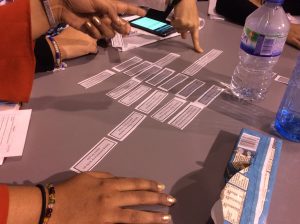
Types of plagiarism
Irrespective of the types of plagiarism, ultimately plagiarism is a punishable offence. Therefore, it is a good idea to get fully acquainted with the different types of plagiarism in order to be able to effectively avoid difficult situations. You are best advised to err on the side of caution and therefore credit too many authors and originators rather than not crediting others enough. Plagiarism is not a trivial offence, but theft and will be treated as such, irrespective of whether or not you plagiarise intentionally or unintentionally.
Contact
Comments and questions are welcome.
